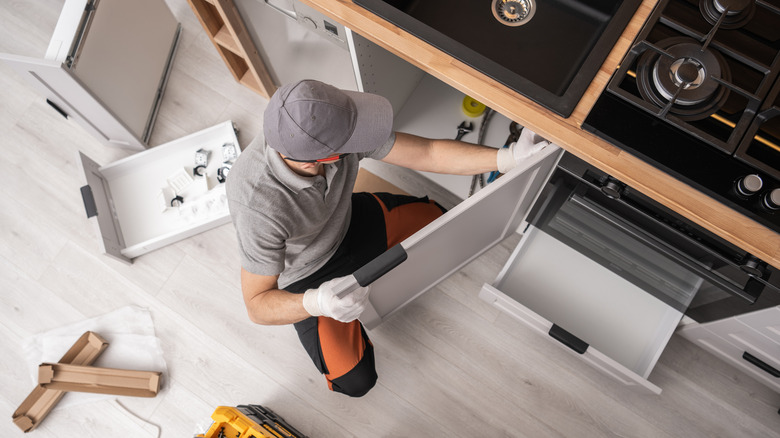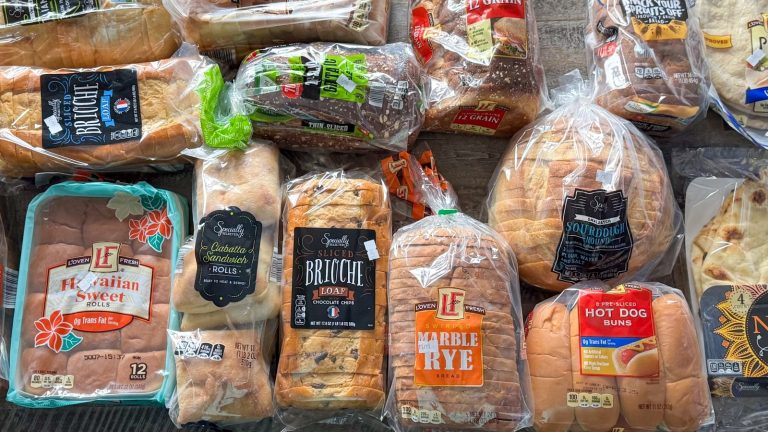Renovating a kitchen is no small feat, even when all the signs that it’s time for an update are there. It’s a big investment of time and money and inevitably requires you to trust contractors who will come to do the work. Unfortunately, the contractor industry is rife with scammers — one in ten Americans fall victim to a contractor scam, reports NCOA. In order to avoid the bad apples, you have to know the most common red flags, and the biggest danger sign has to do with the main thing scammers are after: money.
One of the things to avoid when renovating your kitchen is a contractor who is asking for a full payment up front (or anything more than around 20%). This is a very common scam that often results in a contractor disappearing once the money has been paid, never actually returning to do the job. This tactic is usually accompanied by the person insisting that you pay them in cash, which is untraceable. You might also find that they’re pressuring you to pay sooner than you’re comfortable with, creating urgency and rushing your decision. The payment timeline should be sensible and agreed upon by both parties. A common practice on large projects is to split the payment into three parts, with the final part only paid once the work is fully completed and reviewed by the customer.
Always double-check your contractor’s credentials
Legit and honest contractors will have credentials to show for it, and you should verify them before you start with the kitchen remodel. Each state has licensing agencies through which you can confirm whether the person is actually licensed to do the job. A professional contractor will also have liability insurance. Another thing they will have? Positive reviews and recommendations from past customers. Take some time to reach out to people the contractor has previously worked with, or read through public review sites that their business is rated on.
Another important test of professionalism is the contract. A good contractor will provide a detailed, itemized contract that clearly outlines exactly what needs to get done and how much it’s going to cost. The contract should also include the payment timeline and expected day of completion. Never sign anything you didn’t carefully read first, and make sure there aren’t any blank spaces in the contract that someone could fill in later on their terms. Once you’ve made it past the contract stage, you might be hoping that the possible tricks are over, but there’s one more thing to be aware of — if the contractor suddenly finds a massive, costly issue in your kitchen and tries to automatically add it to the bill, get a second opinion to verify the issue. If the problem really does exist, ask for an updated contract.






